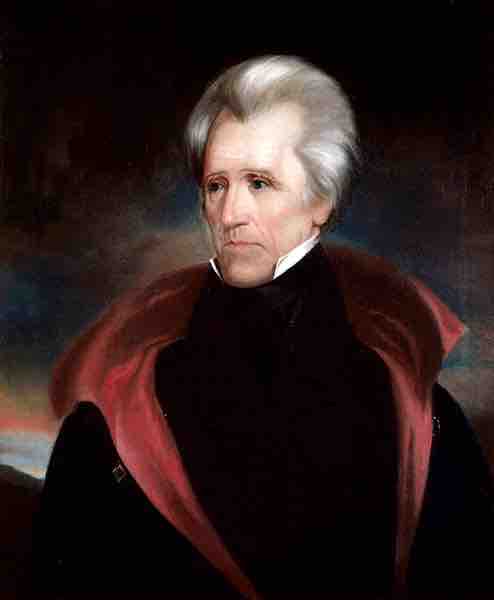Introduction
A political party is a political organization that typically seeks to influence government policy, usually by nominating candidates with aligned political views and trying to seat them in political office. Parties participate in electoral campaigns and educational outreach or protest actions. Parties often espouse an expressed ideology or vision bolstered by a written platform with specific goals, forming a coalition among disparate interests. Throughout most of its history, American politics have been dominated by a two-party system. However, the United States Constitution has always been silent on the issue of political parties; at the time it was signed in 1787, there were no parties in the nation. Indeed, no nation in the world had voter-based political parties. The need to win popular support in a republic led to the American invention of political parties in the 1790s. Americans were especially innovative in devising new campaign techniques that linked public opinion with public policy through the party.
Political scientists and historians have divided the development of America's two-party system into five eras. The modern two-party system consists of the Democratic Party and the Republican Party. In general, since the 1930s the Democratic Party positions itself left of center in American politics, while the Republican Party positions itself as right of center. Several third parties also operate in the United States and from time to time, elect someone to local office.
Modern U.S. Political Party System
The modern political party system in the United States is a two-party system dominated by the Democratic Party and the Republican Party. These two parties have won every United States presidential election since 1852 and have controlled the United States Congress since at least 1856.
The Democratic Party is one of two major political parties in the United States. It is the oldest political party in the world . The Democratic Party, since the division of the Republican Party in the election of 1912, has positioned itself as progressive and supporting labor in economic as well as social matters. The economic philosophy of Franklin D. Roosevelt, which has strongly influenced American liberalism, has shaped much of the party's agenda since 1932. Roosevelt's New Deal coalition had controlled the White House until 1968. In 2004, it was the largest political party, with 72 million voters (42.6% of 169 million registered) claiming affiliation. The president of the United States, Barack Obama, is the fifteenth Democrat to hold the office, and since the 2006 midterm elections, the Democratic Party is the majority party for the United States Senate.

Andrew Jackson
Democrats hail Andrew Jackson as the founder of the party.